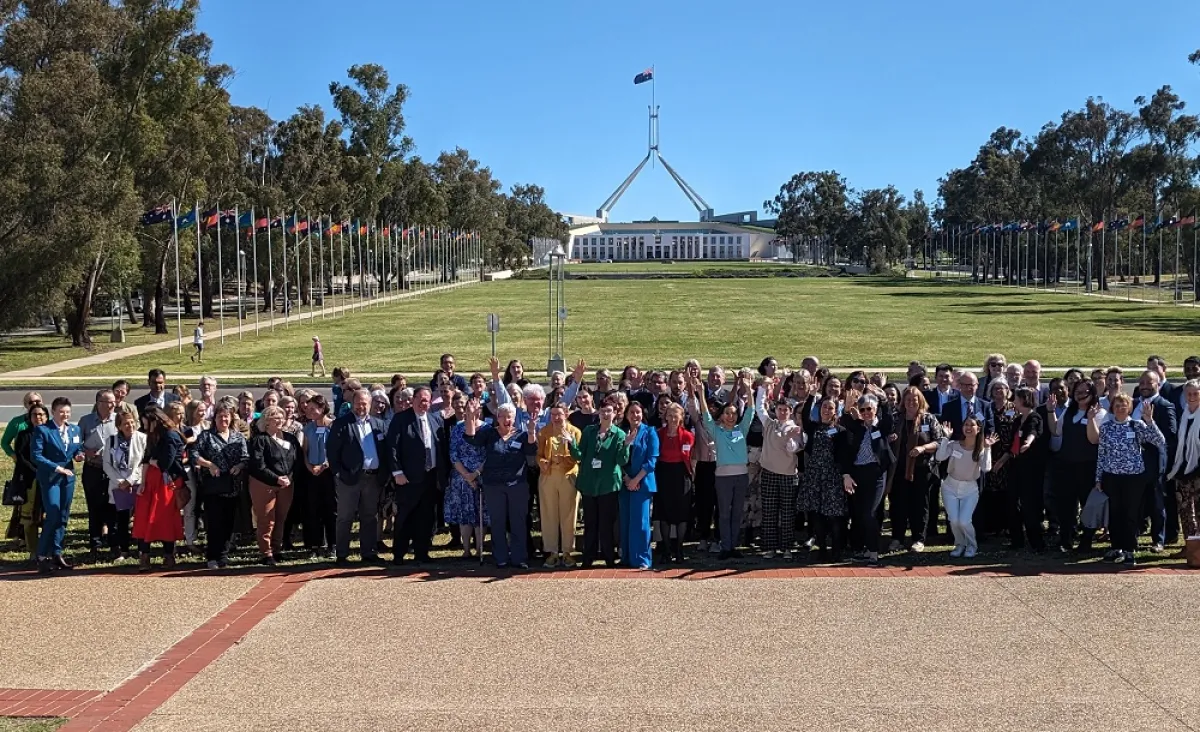Empowering survivors and organisations to ensure better outcomes within the medical profession

The sexual harassment of doctors by doctors is far more prevalent than the medical profession likely realises and it is resulting in the exodus of early career doctors from the profession.
Prevalence is difficult to estimate, but internationally, a third of doctors experience sexual harassment in their careers. Survivors are more likely to be women, and those with intersectional disprivilege are more likely to be targeted.
“Young doctors may be seen as privileged, but they are actually in quite a vulnerable position,” said Associate Professor Louise Stone, a general practitioner, policy expert, researcher and educator at the Australian National University.
“As victim whistle-blowers, they jeopardise the relationships with their seniors, and they rely on senior doctors to progress in their high stakes careers. They are also taught to ’get on with things’ and this unfortunately means they often bury their own trauma, with significant harm to their long-term mental health and wellbeing. Some never return to practice medicine, and that is a travesty,” Dr Stone explained.
Sexual harassment is often under-reported, particularly by early career doctors, because of stigma, feelings of shame, and fear of negative repercussions to reputation and career progression.
To find solutions to this problem, Associate Professor Stone convened an international summit on sexual harassment in medicine in Canberra recently.
Bringing together medical and education leaders, clinicians, regulators, lawyers and students from across Australia and internationally, the 150 strong delegation drafted a set of sexual safety standards that seeks to empower survivors and medical organisations to better manage sexual harm.
The standards address the prevention of harassment; identification, support and management of those at risk; clear reporting processes that minimise trauma; and support and rehabilitation options for survivors.
The delegation will now consider a research plan to delve further into the issues and to provide evidence-informed recommendations.
Research will cover how educational institutions may build awareness and bring training programs to the profession that address prevention and misconduct; prevalence rates and the impact that harassment has on the medical workforce; policy interventions; and consumer led research that will inform recovery and rehabilitation.
In March 2024, Associate Professor Stone brought legislation and policy experts together, along with the delegation, to progress the Sexual Safety Standards drafted at the Summit. The aim is to make clearer and more robust the legislation that already exists for the medical profession around sexual harassment and reporting.
The team is offering a series of webinars in 2024 with expert international speakers addressing the challenges in managing this difficult problem. Their international book on sexual harassment in medicine will be published in late 2024.
For more information contact Louise Stone: louise.stone@anu.edu.au
